Mozambique: Over 50% of external debt service arrears in 2024 were to Portugal
Mozambique must resolve debt to be “exciting economy” – Admassu Tadesse
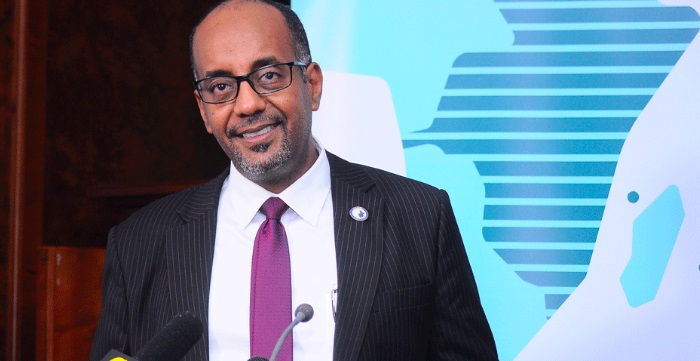
Trade and Development Bank’s President Admassu Tadesse was crowned African Banker of the Year. [File photo: Eagle Online]
The president and CEO of the Bank of Commerce and Development (TDB) , winner of the Infrastructure Business of the Year and Banker of the Year at the African Banker Awards, believes that Mozambique must solve its debt crisis on order to relaunch its economy.
“Mozambique is a [country of] great promise, we see the signs in foreign direct investment, which is very large in the area of energy and infrastructure, and we all have an idea of what is going to change in the country, but it will take years until we start receiving gas revenues. By then, it will a different game,” Admassu Tadesse, who won the Infrastructure Business of the Year award with for securing funding for the liquid natural gas floating platform, said.
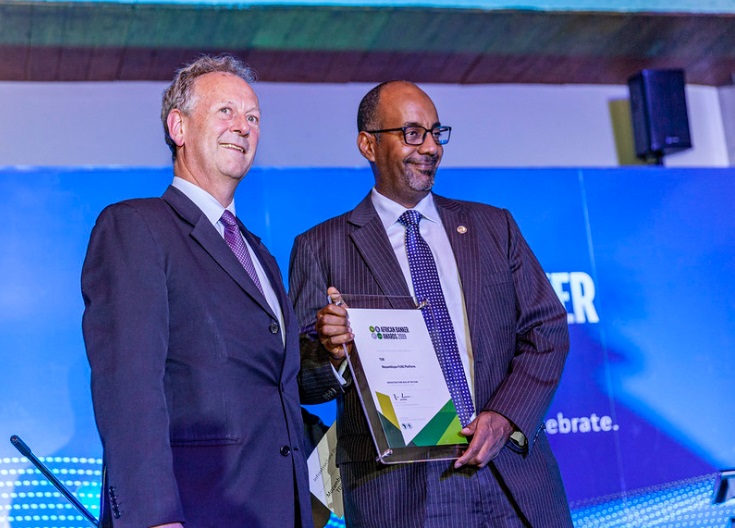
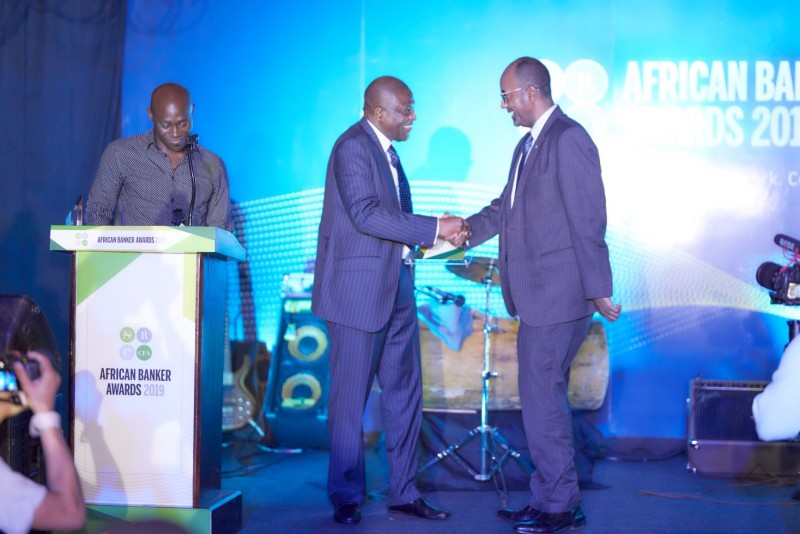
In an interview with Lusa after winning the two prizes, awarded on the sidelines of the African Development Bank’s Annual Meetings (AfDB), which runs until Friday in Malabo, Equatorial Guinea, the Ethiopian banker said that “Mozambique will be an exciting economy with very strong growth”, but stressed that there were also many challenges ahead.
“There will always be short-term difficulties because of the debt sustainability issue, which has to be resolved, but the finance minister is very strong and the new government has been very focused on resolving these issues. The world is looking at Mozambique differently than it was two years ago,” Tadesse said.
The Trade and Development Bank (TDB) has financed the Area 4 floating gas platform project, which is operated by MRV, a joint venture company of ExxonMobil, Eni and CNPC, which holds 70% of interest in the concession contract for research and production in that area.
ALSO READ: Ethiopia’s Admassu Tadesse, named ‘African Banker of the Year’
Galp, KOGAS and Empresa Nacional de Hidrocarbonetos de Moçambique each hold a 10% stake.
ExxonMobil will lead the construction and operation of liquefied natural gas production facilities and related infrastructure on behalf of MRV, and Eni will lead the construction and operation of upstream infrastructure such as gas extraction from offshore underground deposits and its transporting to the plant.
“This is a transformational project in which the negotiation of offshore platform financing was more complex than that of the onshore side,” Tadesse said, noting that the bank ‘entered’ with $100 million in a total investment of seven billion dollars, which will boast fiscal revenues of US$95 billion over the next 25 years, according to Bloomberg financial intelligence.
Asked whether the fact that the country was in financial default influenced the investors’ decision, Tadesse admitted that “on some points both things may be linked”, but he pointed out that, in general, business was not influenced by the fact that the country was in financial default and out of the international financial markets.
“The position of the Government was very respectful to international partners, very forward-looking in the way they negotiated this, so the project sponsors and financiers had confidence to enter the country and close the deal. Mozambique is not the only country with natural gas, so negotiations had to be made carefully to keep investors on the project, and Mozambique, in that respect, did it very well,” concluded the banker.
TDB operates in 22 countries in the areas of infrastructure financing, extending from Egypt to Mozambique, where it has been present for two years through a local partnership with the National Investment Bank.
ALSO READ: Call for more inclusion at this year’s African Banker Awards


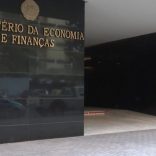
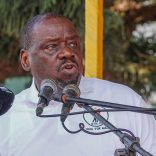



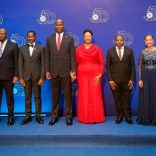





Leave a Reply
Be the First to Comment!
You must be logged in to post a comment.
You must be logged in to post a comment.